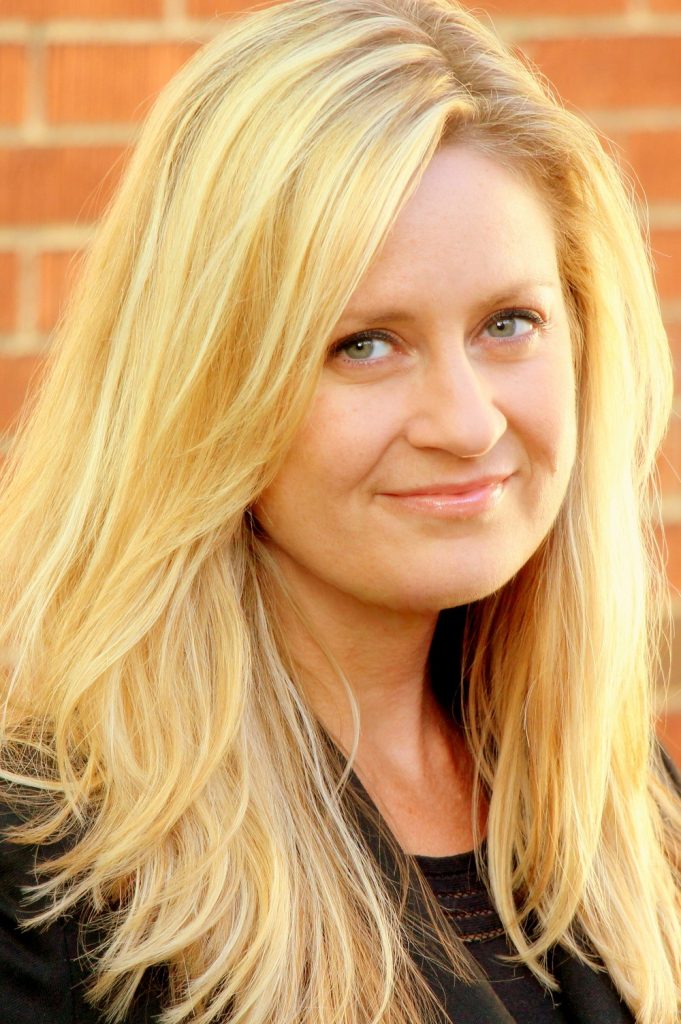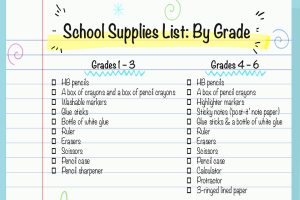I Am a Good Mom. And I Didn’t Always Get It Right

I am a good mom. I am confident in saying that.
And I have made a lot of mistakes. Now as the mother of two teens I can reflect enough to see that I didn’t always get it right. Here’s what I want my kids to know…
Questions & Questioning
There are moments from my kids’ early years that I carry with me. And not because they were loud or dramatic. Because they were quiet. They were subtle. These memories might be easy to overlook unless you were the one holding them.
I think about the silences I didn’t question. And the questions I didn’t pause long enough to really hear. And mostly the moments where I responded with explanations when what was probably really needed was quiet and comfort.
Back then, I thought I was doing the right thing. My intentions were focused on keeping the peace, making things easier, and staying calm. I believed that being steady meant not reacting hastily or showing too much emotion. That emotional regulation and helping them understand what was happening and why took precedence. I felt my main priority should be smoothing over the things that were jagged.
Now, with more distance, more clarity, and more tools, I see that what I was often doing was surviving. I wasn’t negligent. I wasn’t cold. I was worried, and tired, and doing the best I could with what I understood at the time. But I didn’t always get it right.
I am a good mom. And I am good mom who made a lot of mistakes.
When I wish I stayed still instead of solving:
There were moments I can look back on now where I moved too quickly to fix or explain things, when what they really needed was for me to just be there. They needed me to sit next to them and say, “Yeah, that’s really hard.” I feel like I was too caught up in trying to hold everything together. I thought calmness and emotional regulation was what was needed. Now I feel like what would have been better was for me to meet their sadness where it was.
When I was trying to help them see the “bigger picture”:
I often reached for the bigger picture when they were hurting. I wanted them to understand the context, the why. I used phrases like “everyone’s doing their best” and “try to see it from their perspective,” thinking I was teaching empathy. Now I understand that I was probably skipping a step. Validation. The simple idea that they were allowed to be angry, or confused, or hurt, without being talked out of it.
When I kept moving when maybe I should have at least slowed down:
I was overwhelmed and kept going anyway because I was trying to stay steady. And honestly? I worried that if I slowed down too much, I wouldn’t be able to get moving again. That’s proving to be true, by the way.
I stopped so suddenly I actually feel stuck.
I wish I had found a way to accept the lump in my throat and carry on slowly, instead of trying to swallow it and almost choking. I needed help but didn’t know how to ask for it without completely giving up. I wish I knew how I could have done things differently here because the effects are still keeping me frozen.
The value of repair:
These days, if they say something that catches in my chest (something they probably don’t even realize holds weight) I try to pause. I try not to fix or explain. I try to say, “Tell me more.” Because I’m learning that just listening is sometimes the best way to say, “I see you now, in ways I couldn’t before.”
There’s a particular kind of apology I learned about in the workshops I took when my daughter was recovering from Anorexia. It’s called a therapeutic apology. A therapeutic apology is not about asking for forgiveness. And it’s not about easing guilt. It’s about making space for someone else’s pain, without expecting them to do anything about yours. It sounds like: “I see it now. I’m sorry I didn’t then.” It’s an act of repair that asks nothing in return.
And that’s the kind of apology I carry in my heart for my kids. Not because I believe I failed them and not because I think I’m a bad mother. I want them to know and understand that love includes accountability. And that even the best parents with the best intentions can get it wrong. And that real strength is being willing to name what we wish we’d done differently.
I am a good mom.
And I am a good mom who is still learning how to manage and accept all the versions of myself—past, present, and future—with honesty and love.














